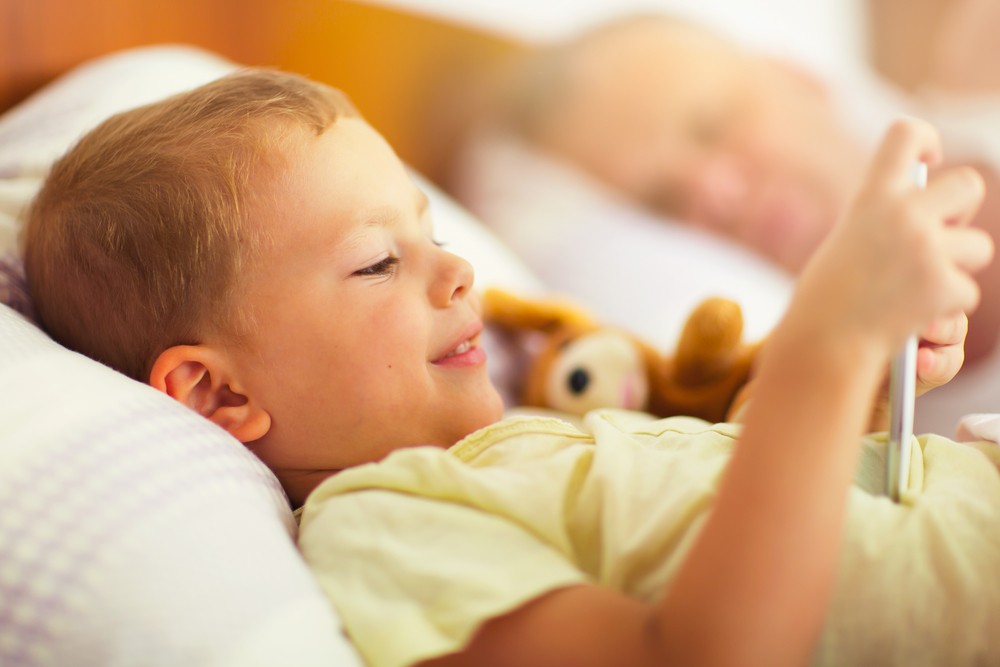Popular Reads
Top Results
Can't find what you're looking for?
View all search resultsPopular Reads
Top Results
Can't find what you're looking for?
View all search resultsTechnology may be keeping your children awake
Change text size
Gift Premium Articles
to Anyone
T
hink about reconsidering the laptop and phone your child sleeps next to because as compared to 10 years ago, three times as many children under 14 are being diagnosed with sleeping disorders, primarily due to technology keeping them awake.
Most common in households in which both parents work, this lack of sleep can have severe long-term effects on children, such as mental health issues, low levels of emotional control and becoming obese, according to past research.
According to the Children’s Sleep Charity, nearly 30 percent of children in the United Kingdom will suffer from sleep issues during their childhood.
Read also: Lego creates social networking app for children
Vicki Dawson told The Telegraph that, “[Children’s Sleep Charity] has been inundated with requests for support from families of children across the country; we receive up to 200 e-mails every day. When families are sleep deprived it can lead them into crisis.”
The blue light emitted by phones, tablets and laptops can reduce the natural production of melatonin, the hormone that helps to induce sleep. It is becoming more common for both children and adults to take melatonin supplements, according to the NHS. Experts recommend keeping devices out of the bedroom for this reason.
Technology is not the only perpetrator. Later bedtimes along with the regular consumption of drinks high in sugar and caffeine can also affect a child’s ability to sleep. (sul/kes)











